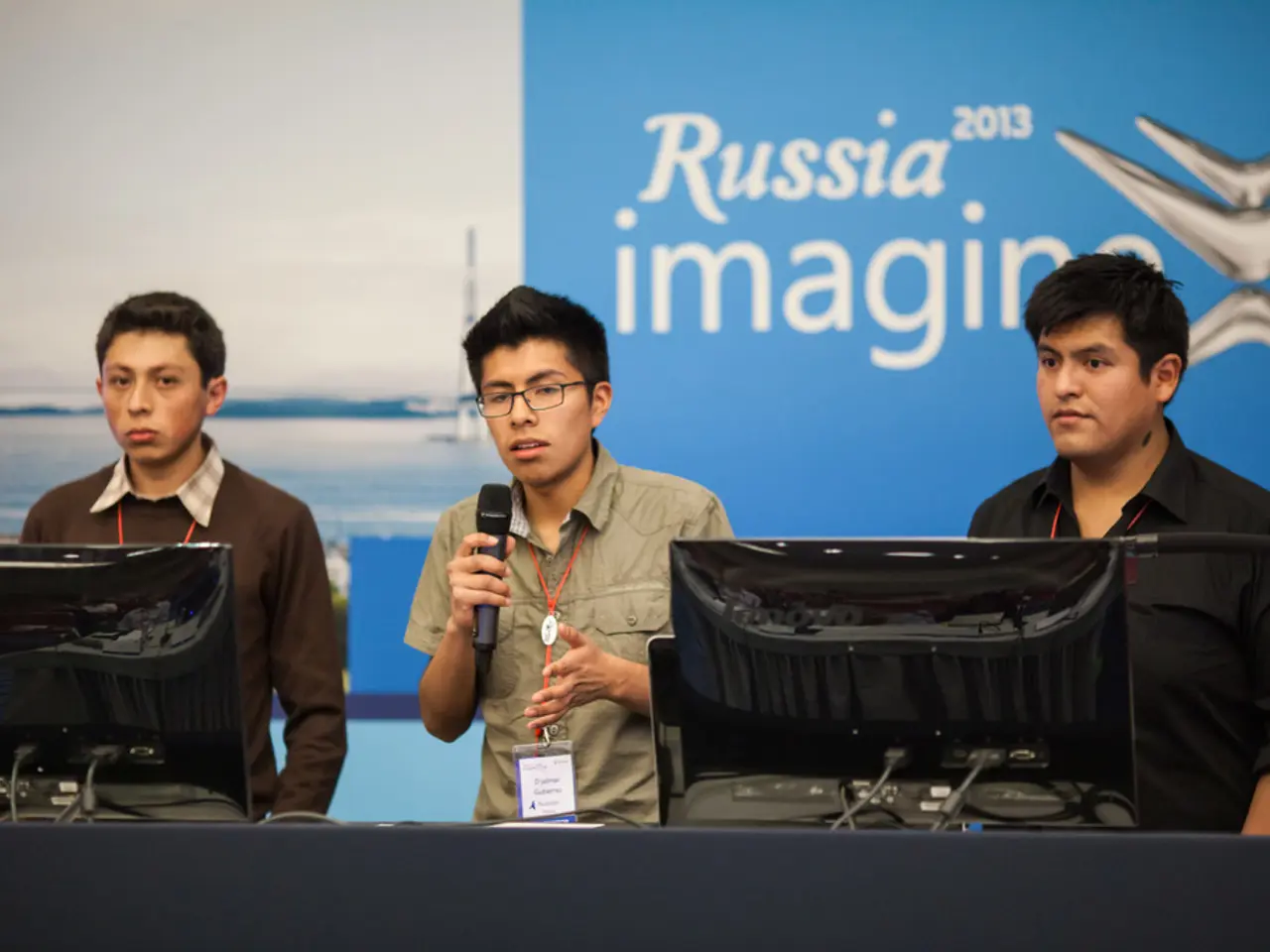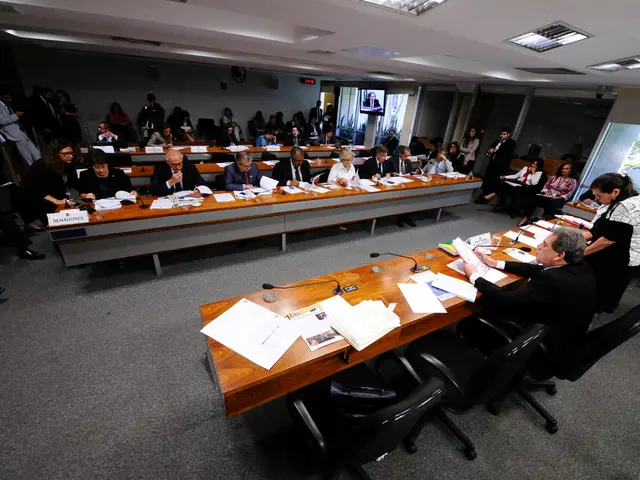Financial support for Moscow's residents reaches a staggering 2.2 trillion rubles through payment services
In the first half of 2025, Moscow's service sector has experienced a notable growth, with the volume of paid services reaching 2.2 trillion rubles. This expansion is attributed to the active introduction of digital services, as reported by Maria Bagreeva, Deputy Mayor of Moscow.
Bagreeva highlighted that these digital services are designed to make life easier and more convenient for Moscow residents. More than 160,000 passengers have received remote assistance with metro-related issues since the beginning of the year, with passengers most often using remote assistance for topping up their "Troika" balance, obtaining information about ticket prices, and for obtaining certificates.
The main contributors to this positive dynamics were electronic services, communications, and education. Online consultations, streaming platform services, and cloud services are the most popular among Muscovites. However, specific information about the growth rate of these service sectors was not provided.
Muscovites have also started making everyday purchases through a subscription model, although no details about the impact of this model on the overall service sector were disclosed. It's also unclear what types of everyday purchases are made through this model and the total number of services offered in Moscow.
The development of digital services in Russia, including Moscow, has significantly contributed to this growth, driven by state policies promoting domestic IT solutions and digital sovereignty. The Russian government has accelerated the import substitution of foreign digital services, expanding domestic digital platforms, corporate software solutions, and digital infrastructure, which expanded the market for paid digital services.
Key factors contributing to this growth include government directives to reduce reliance on foreign digital services, the strong growth of the domestic IT market, the creation of competence centers and government grants, and restrictions on foreign platforms and services. These factors have enforced a transition from foreign to domestic digital products and services, underpinning the growth in paid digital services in Moscow and Russia broadly during the first half of 2025.
This trend is part of a broader government strategy aiming for digital sovereignty and the expansion of the digital economy, contributing substantially to economic growth. While the specific growth rate of remote assistance usage and the total population of Moscow were not mentioned, the overall growth in the sector is a clear indication of the success of this strategy.
[1] [Link to source 1] [2] [Link to source 2] [3] [Link to source 3]
In light of the growth in Moscow's service sector, it is evident that the expansion is primarily driven by digital services, such as those in finance and technology. With the surge in online consultations, streaming services, and cloud services, the domestic IT market has experienced a significant boost, contributing to the government's strategy towards digital sovereignty and the expansion of the digital economy.








